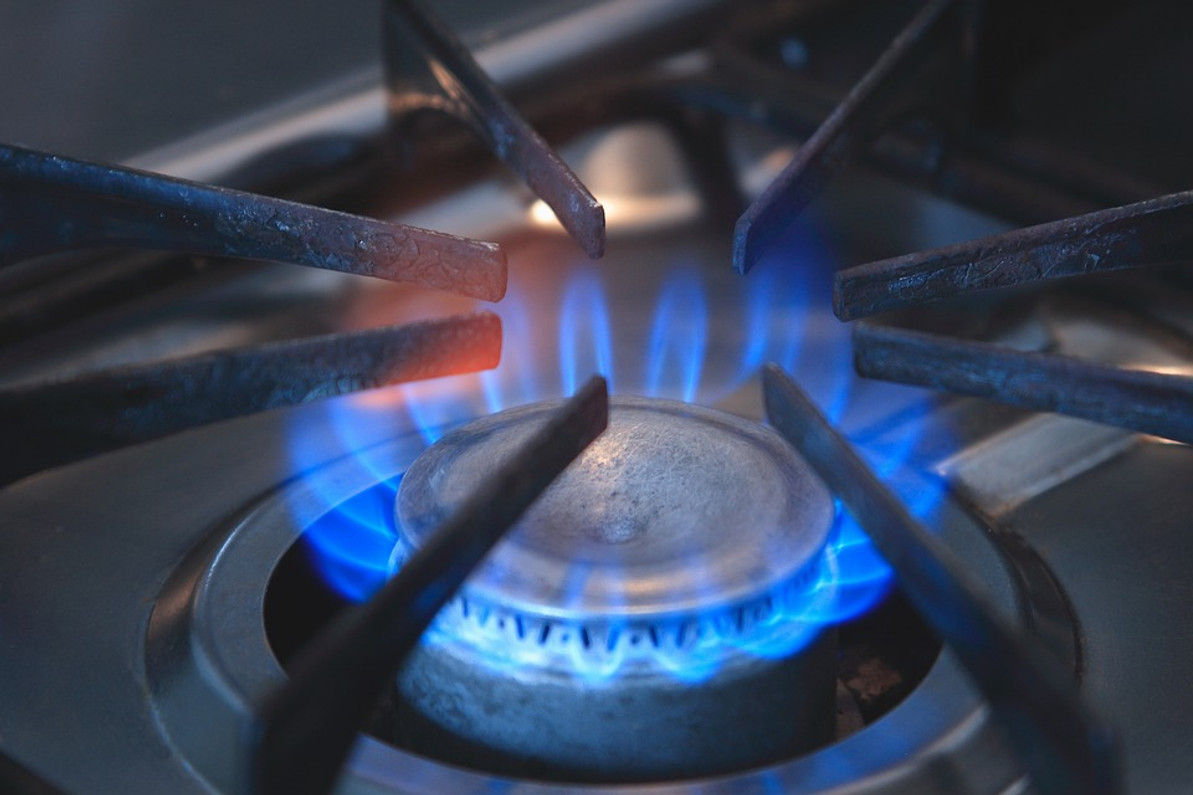New Study Raises Concerns Over the Health Impact of Gas Stoves
Do you have a gas stove? Not all stoves are powered by electricity. While electric stoves have become increasingly popular in recent years, many homes are equipped with a gas stove. Gas stoves feature burners that are connected to a natural gas line. When turned on, they'll burn natural gas to generate a flame.
A new study, however, raises concerns over the health impact, as well as the environmental impact, of gas stoves. If your home features a gas stove, you may want to read this study, as it could affect you and your family's health.
About the Study
Researchers at Stanford University found that gas stoves pose health hazards and environmental hazards. Natural gas, of course, creates byproducts when burned. Known as emissions, these byproduct gases can accumulate in the atmosphere. According to the study, gas stoves in the United States release the same amount of emissions as roughly a half-million vehicles.
The emissions released by gas stoves aren't just bad for the environment; they are bad for your health. Some homes lack the necessary range hood to properly ventilate these emissions. If your home doesn't have a range hood, running the gas stove will result in emissions building up indoors. Long-term exposure to these emissions can have a lasting negative impact on your health.
According to the study, gas stoves an exceed a level of nitric oxide -- a gas found in emissions -- after running for just a few minutes without a range hood. The study also found that many gas stoves release natural gas even when they aren't running. They don't have sealed valves. Rather, the gas stoves have partially open valves that constantly release small amounts of unburned natural gas.
Should You Replace Your Gas Stove?
You may want replace your gas stove with an electric stove. Electric stoves don't suffer from the same problems as gas stoves. While gas stoves run on natural gas, electric stoves run on electricity. You can use an electric stove without fear of emissions escaping into the environment or building up inside of your home.
If you choose to keep your gas stove, on the other hand, make sure it's properly ventilated. It should feature a range hood that's connected to your home's exterior. When running your gas stove, the range hood will suck up any excess emissions and redirect them outdoors.
Recent Posts
-
Fire Safety in the Workplace: What You Need to Know
What steps are you taking to prevent fires in your workplace? According to the U.S. Occupational Saf …Aug 23rd 2023 -
Is It Safe to Go Jogging With a Cold Infection?
If you're suffering from a cold infection, you might be wondering whether it's safe to go jogging. T …Aug 22nd 2023 -
5 Safety Tips to Follow When Using a Powder-Actuated Tool
Powder-actuated tools are commonly used to join materials to steel and concrete. Also known as Hilti …Aug 20th 2023




